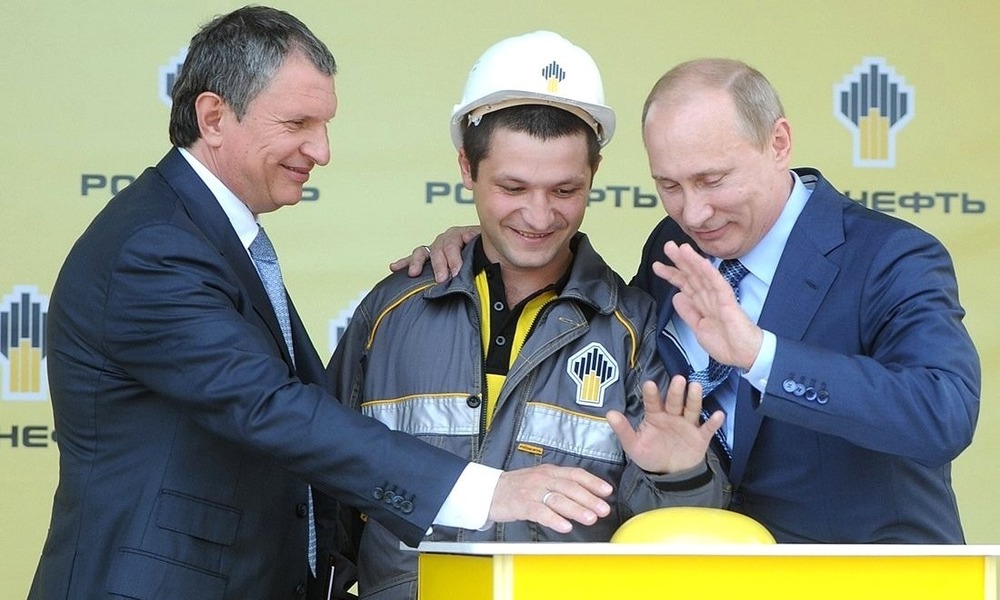
Rosneft’s Sechin Gains Special Position in the Kremlin
This is yet another chapter of Russia’s oil price-fixing scandal. On March 19, officers of Russian services entered the headquarters of the state’s largest oil traders where they carried out searches. As initially expected, these have hit all the entities that were allegedly found guilty of recent drastic increases in oil prices.
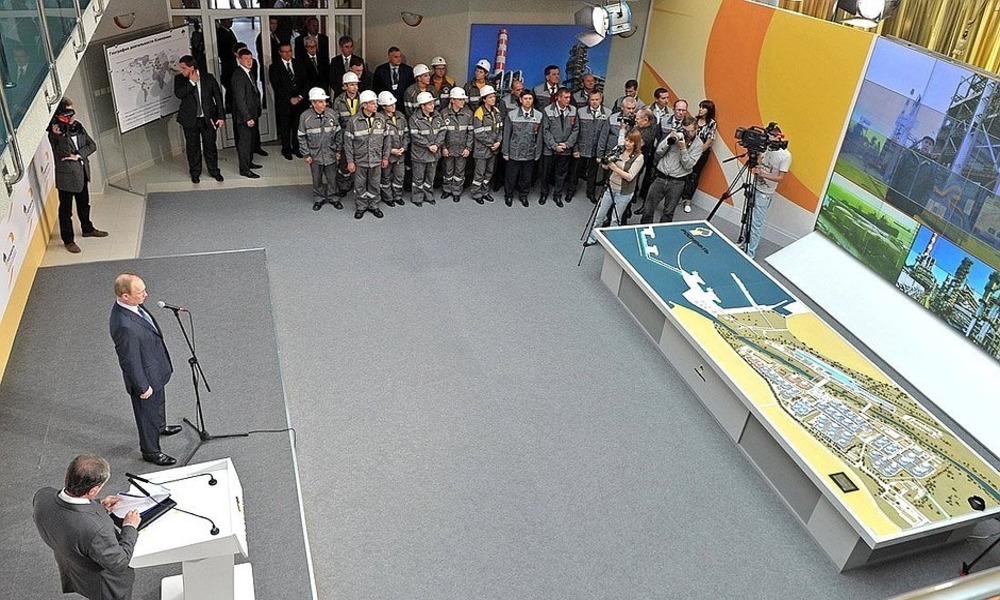
Russian Crude Oil: How Much and For How Long?
Russia is expected to experience a significant drop in oil production within the next dozen or so years, according to estimates by international agencies, independent energy experts and Russian state institutions. Given the state budget’s reliance on incomes from exporting oil, Moscow may soon apprehend unfavorable forecasts for the upcoming years.
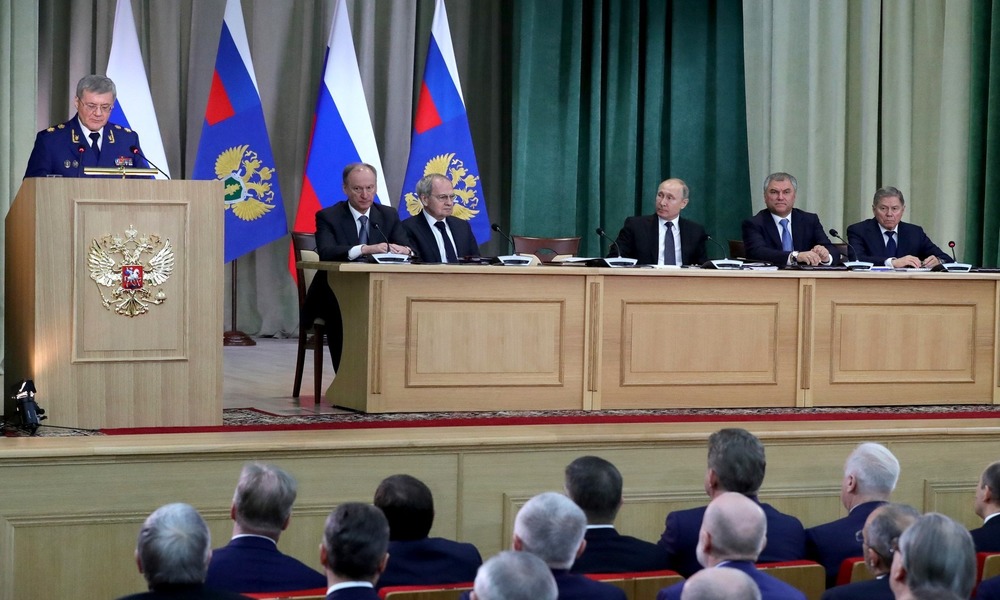
Russia’s Siloviki Rule the Country
Recent detainments of a former minister Mikhail Abyzov and an ex-governor Viktor Ishayev were aimed to undermine Russia’s “liberal” camp while warning regional elites, fitting into the Kremlin’s ever-tightening course in its domestic policy. Not only does the regime suppress the opposition but it is also capable of hitting potential weak links within its own milieu.
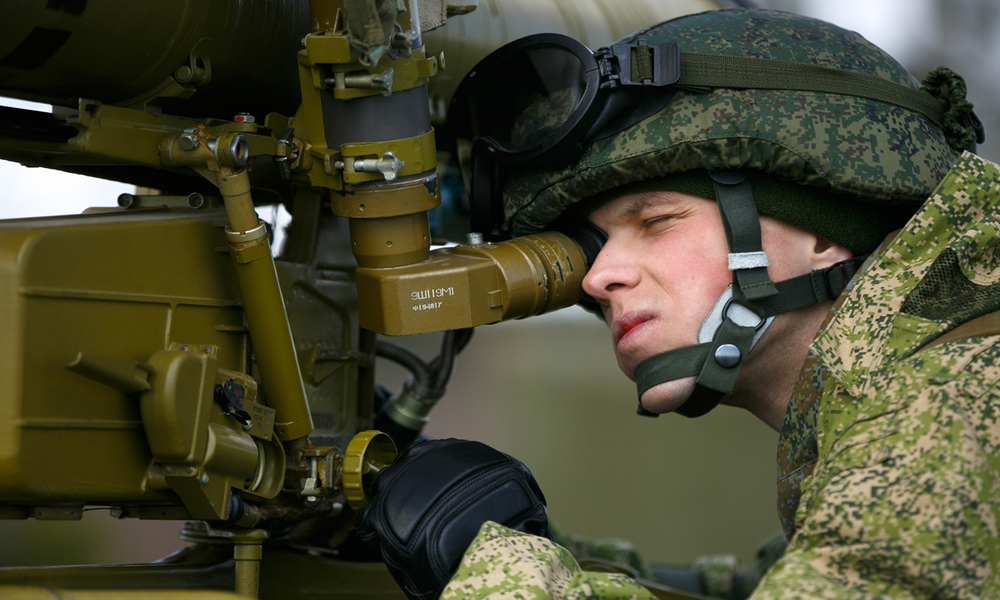
Russia Opts For Confrontational Course in Venezuela
Sending Russian forces in Venezuela served a dual purpose: on the one hand showing Moscow’s full support for the Maduro regime while discouraging its enemies from launching a military intervention, and, on the other, carrying cybersecurity specialists to Venezuelan soil.

U.S.-Sourced LNG Gives Gazprom Sleepless Nights
Russian state-run gas giant makes it difficult to at least secure its gas supplies to Europe as recorded last year. Gazprom’s huge challenge is related, in addition to the drop in gas demand and plummeting gas prices, also to growing import of liquefied natural gas into the European market. This comes as an aftermath of changes in the Asian market and U.S. ever-increasing export capabilities.
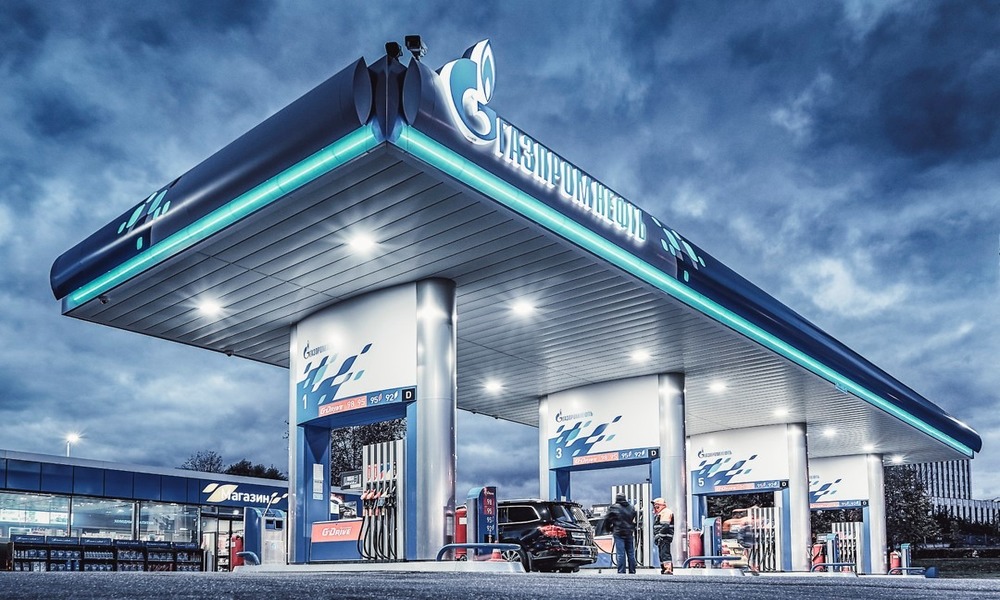
Gasoline Prices in Russia Remain Frozen Until Mid-2019
The Russian government has decided to extend an agreement with oil companies on regulating gasoline prices in the country. Fuel prices will be thus frozen until late June, Russian Deputy Ministry Dmitry Kozak has informed. He also said that the government is currently working on a draft bill on introducing licenses on oil products.
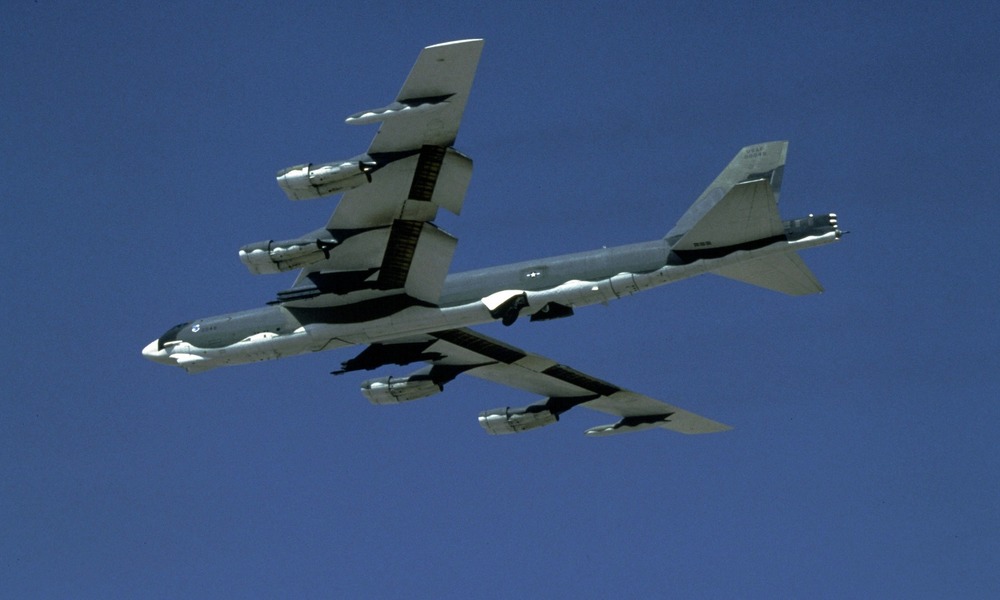
Russia Moves Its S-300 Systems to the Baltic Sea
Dislocated in Britain’s RAF Fairford base, U.S. B-52 bombers regularly visit the Baltic region, which causes concerns in the Russian exclave of Kaliningrad. Moscow said their fighters managed to intercept one of the U.S. jets, claiming also that Russia also strengthened the anti-aircraft defense of the Baltic Fleet’s main naval base of Baltiysk.

Putin’s Ultras Say “No” to the “Regime”
A group of Putin’s staunch supporters, whose members expressed bitter disappointment over “betraying” most imperial elements of the president’s policy, has recently intensified its political activities. Although their meetings so far have attracted little attention from the public while members refrain from attacking Putin directly, it cannot be ruled out that this milieu may soon appear problematic for the regime.
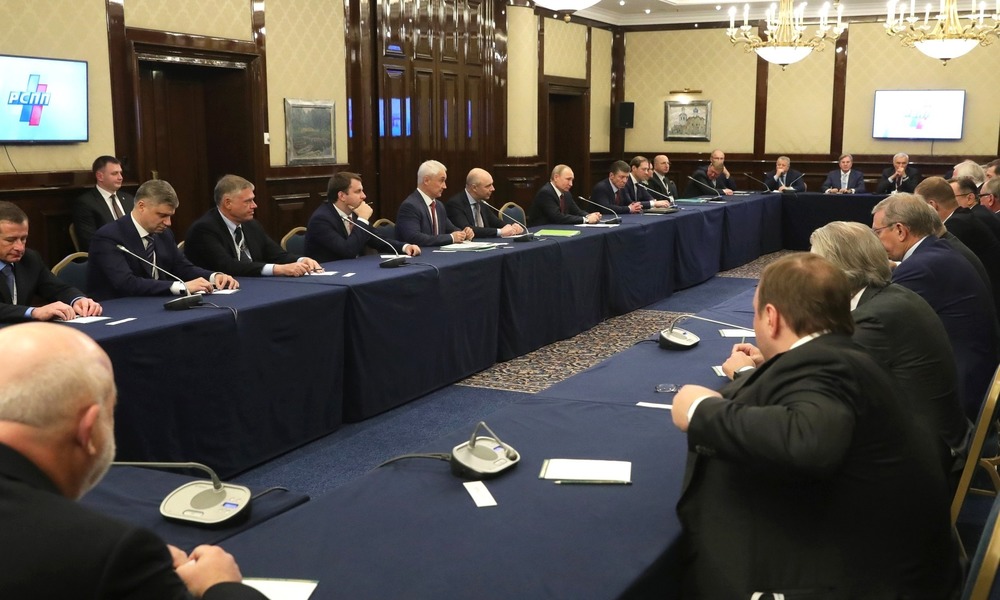
Not All Russian Oligarchs Pay Homage to Putin
Representatives of Russian business industry may feel particularly unhappy with the situation worldwide, with particular regard to the Russian-Western conflict. Russian President Vladimir Putin is in need of money to revive the country’s economy so the government’s policy is essentially aimed at forcing big business to invest in the domestic market while bringing back all financial assets from the outside.
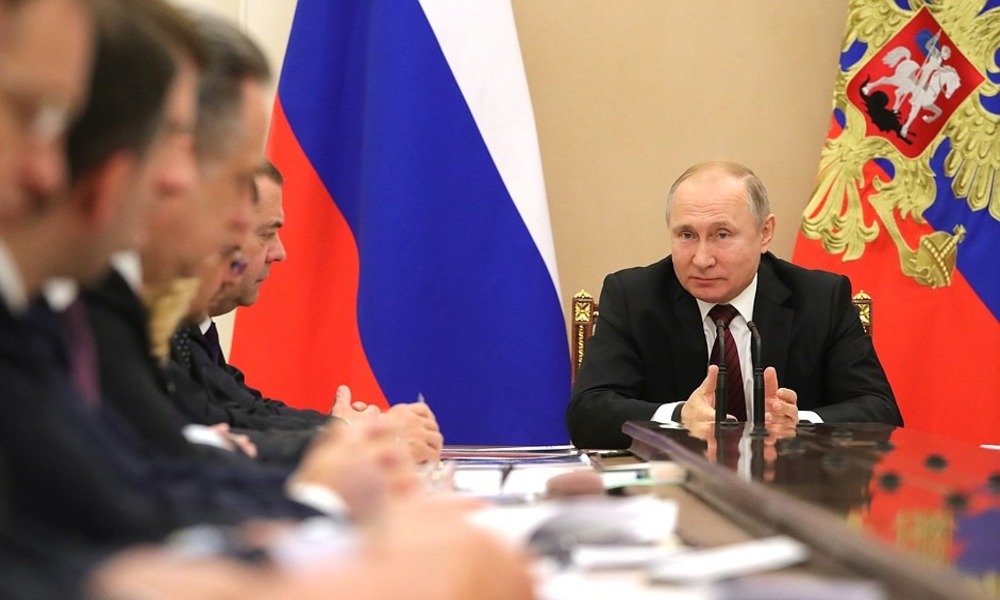
Russia’s Governor Reshuffles: Putin’s Trusted Men Take Power
A new wave of large-scale personnel changes took part in the second part of March when Vladimir Putin replaced four governors within just a several dozen hours. This exemplifies the Kremlin’s effort to increase the control the state federal authorities over individual regions. Such centralization processes are part of Moscow’s tightened domestic course while constituting a strategy to prevent serious social and political unrest.
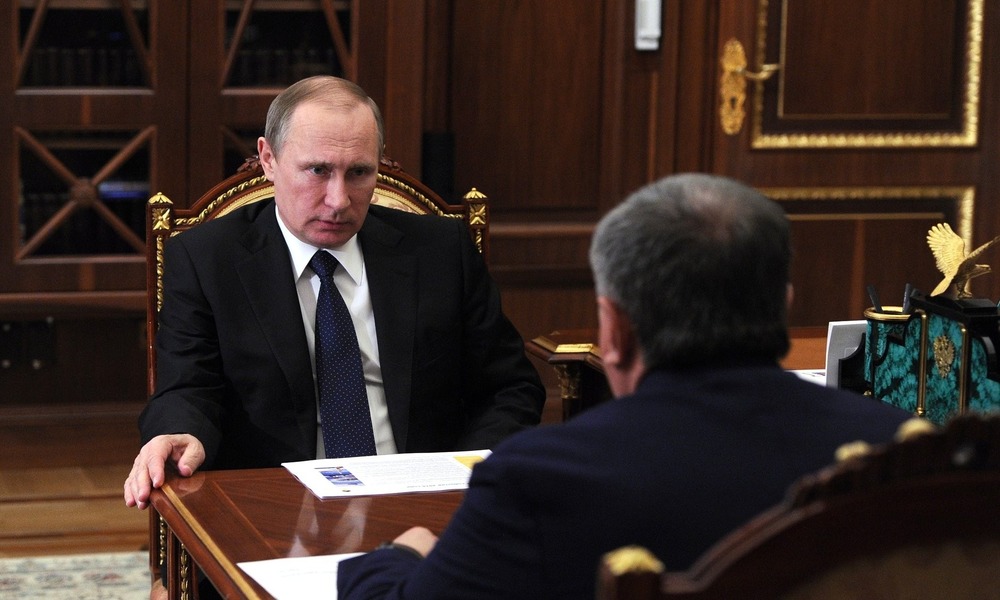
Pompeo Criticizes Rosneft CEO Sechin for Buying Oil from Venezuela
U.S. Secretary of State Mike Pompeo openly accused Russia of backing Venezuela’s Maduro regime. In response, Russia’s state-run oil company Rosneft, which administers a number of oil investments in the country, said it will sue Pompeo to the court.
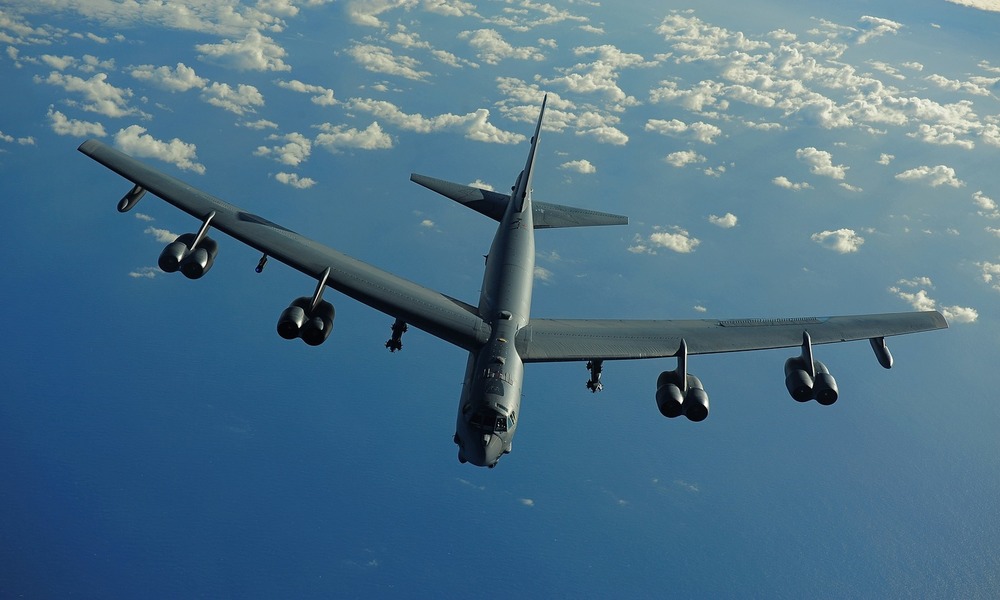
U.S. Stratofortress Jets Perform a Simulated Attack on Russia’s Fleet
U.S. Air Force B-52 bomber jets have recently arrived in Europe, at least a pair of which approached the Baltic Sea region while flying from its home base in Louisiana to the British base in Fairford. They first appeared in the region in 2017, with one of B-52 Stratofortress aircraft performing a simulated attack on military facilities in the Russian region of Kaliningrad.

Russian Parliament Gives Nod to Controversial Censorship Legislation
A controversial law adopted recently in Russia is a milestone step towards restricting freedom of speech in the country. This is yet another evidence of the Kremlin’s ever-tightening course in the state’s domestic policy, confirming that the authorities no longer count on restoring social trust by financial means that proved effective in the past.
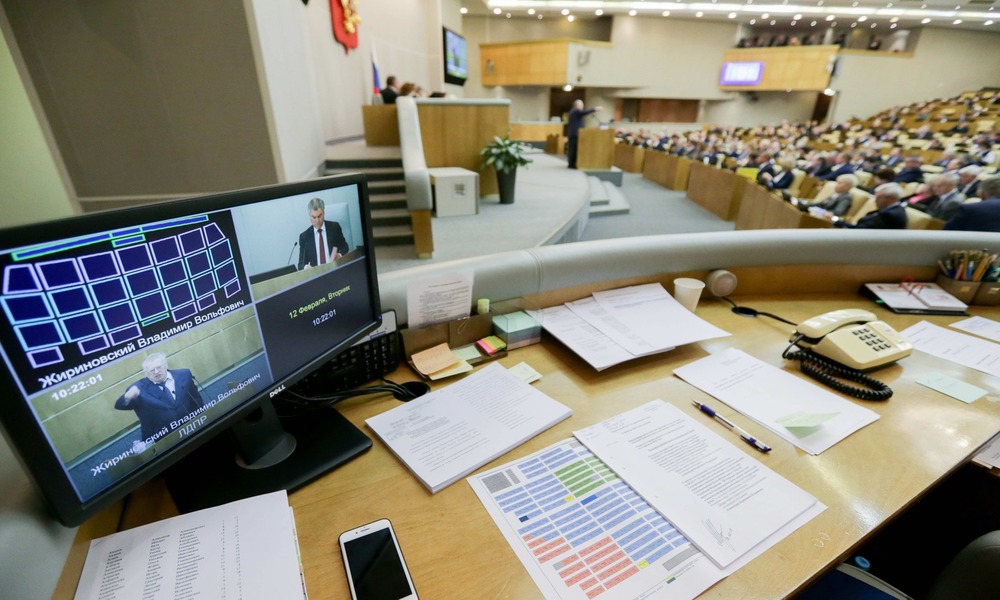
Russia Plans to Cut Itself Off From the Global Internet
A gradual loss in popularity incited the Russian authorities to tighten control over the Internet. In fact, it is not about increasing Russia’s censorship activities but disconnecting the Russian internet segment, also referred to as Runet, from the World Wide Web. The Russian army is simultaneously conducting works on designing a type of Runet that will be both fully controlled by the regime and isolated from the rest of the world.
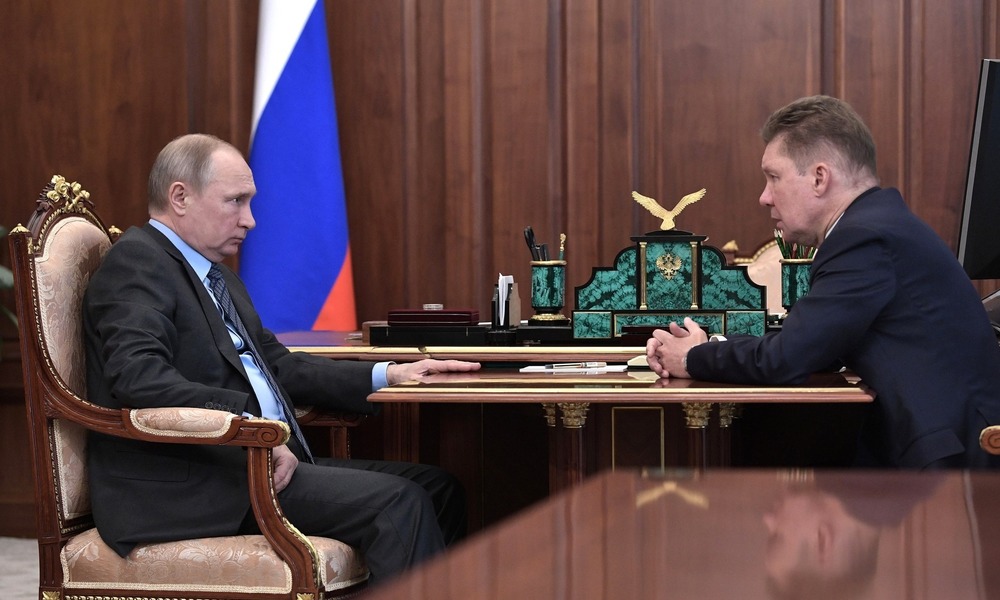
Gazprom Faces Sharp Decline in Gas Exports
As reported, Russian state-run gas giant Gazprom may find it difficult to realize its 2019 budget, which is due to lower gas prices than initially anticipated by the Russian firm. To make matters worse, sales of Russian-sourced energy have recently slumped while export figures, which began to drop sharply in the autumn of 2018, keep reflecting downward tendency.
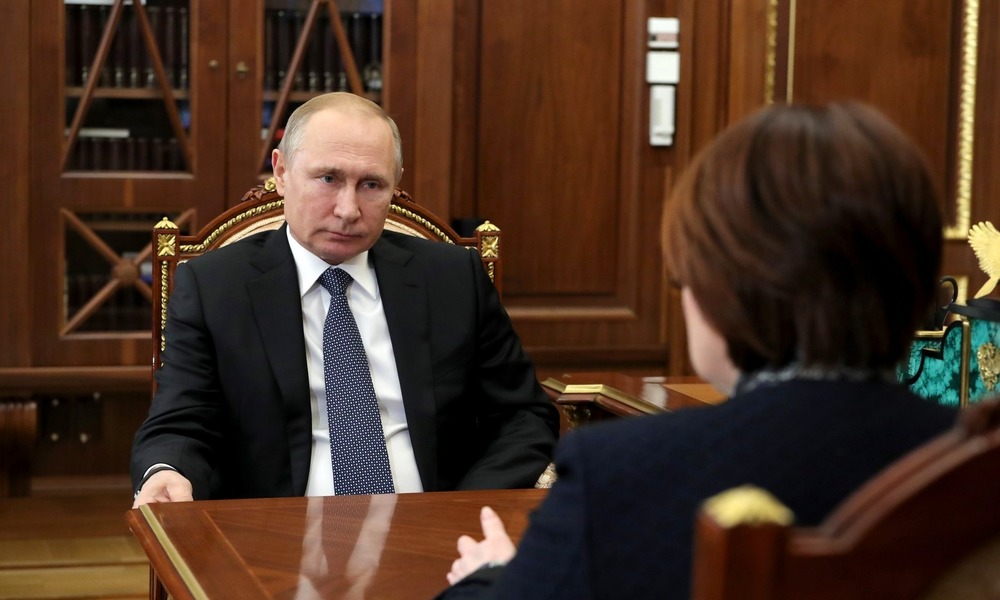
Putin’s Approval Rating Keeps Declining Despite Recent Address
Vladimir Putin’s social promises made in his annual speech to Russia’s Federal Assembly failed to increase the president’s approval ratings. A recent poll carried out after Putin’s State of the Union address showed that popular support for the Russian leader has slumped, which may prompt him to sharpen his domestic and foreign policy.
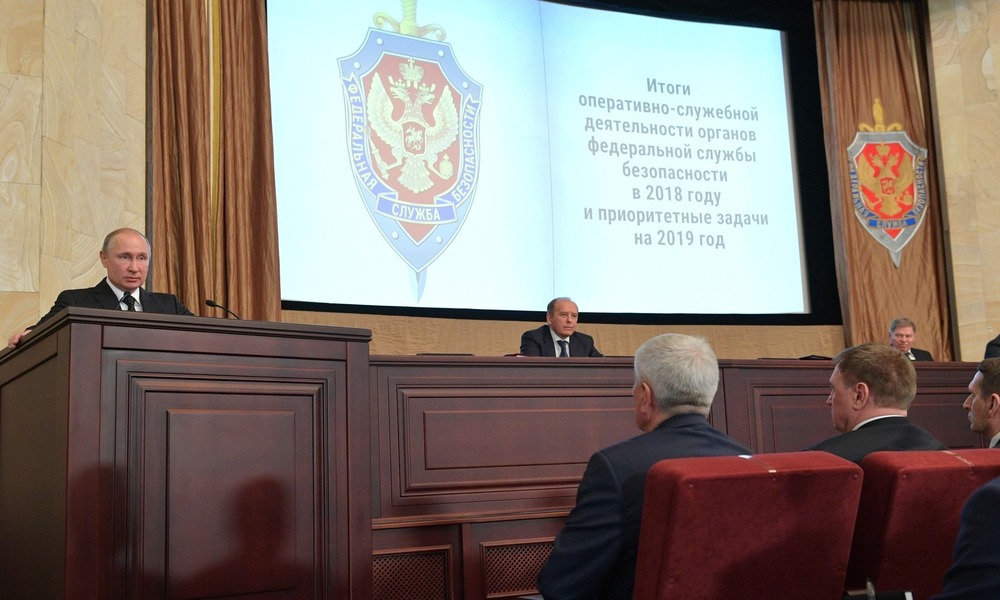
“External Enemy”: Putin Gives New Tasks to FSB
Putin’s address at the Federal Security Service Board meeting confirmed the regime’s eagerness to further sharpen its domestic policy. The president praised Russia’s counterintelligence officers for its effectiveness, warning against antagonistic activities from the outside. Particular attention should be drawn to Putin’s words about a growing number of foreign cyberattacks, which are a blatant example of his response to the West’s renewed accusations of Russian activity in cyberspace.
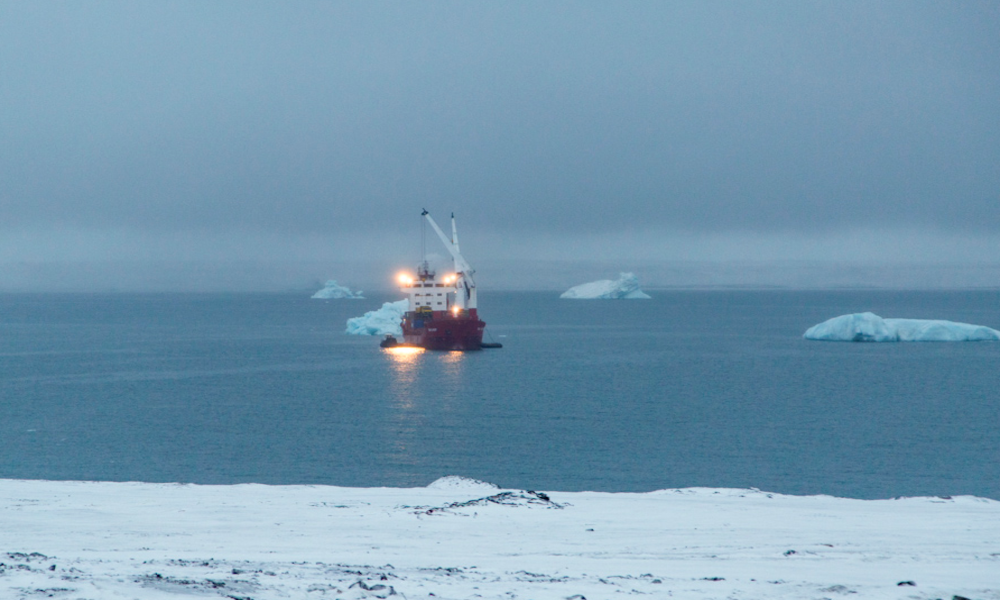
Russian Sailing Restrictions on Northern Sea Route
The Russian authorities have announced its plan to introduce foreign sailing restrictions on the Northern Sea Route. In consequence, Moscow will be de-facto able to impede non-Russian ship passage through its strategically important Arctic sea route in the framework of Russia’s isolation and militarization policy that seeks to embrace the Arctic region in particular.
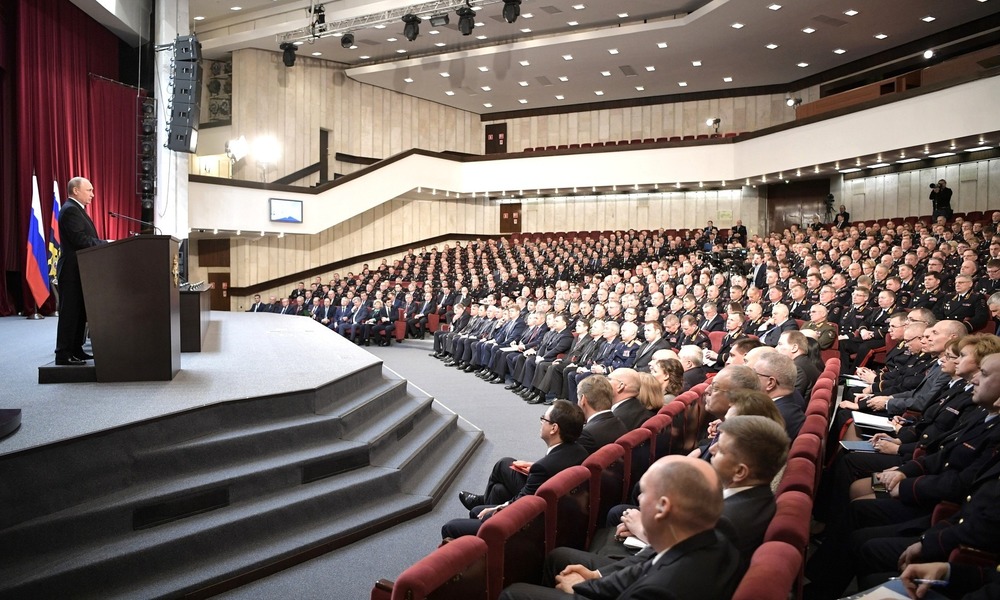
“Internal Enemy”: Putin Gives New Tasks to Interior Ministry
After an annual meeting of the Interior Ministry Board, the Kremlin has lost all hopes to regain popularity by adopting the “carrot approach,” pushing forward more straightforward solutions instead. Russian President urged the Interior Ministry to take a hard line against extremist crimes, taking into account that fulfilling even a part of his promises will trigger no major changes.
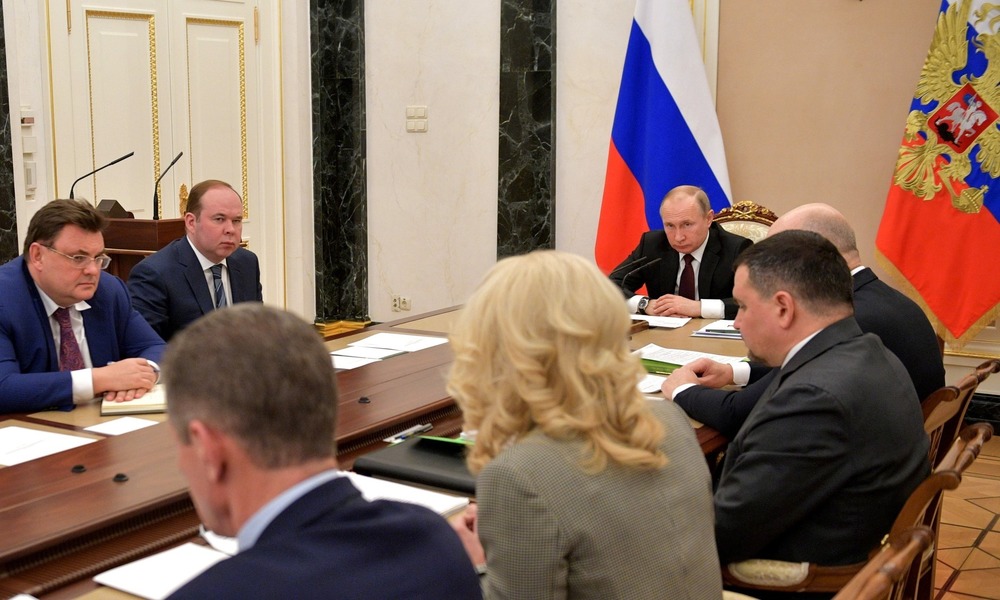
The Cost of Putin’s Social Promises
Vladimir Putin’s presidential address to Russia’s Federal Assembly paved his way to make social promises intended to improve the standard of living in the country. This came as a consequence of the falling approval ratings attributed to unpopular decisions to raise pension age and increase the value-added tax rate, both of which transformed into a permanent tendency.












